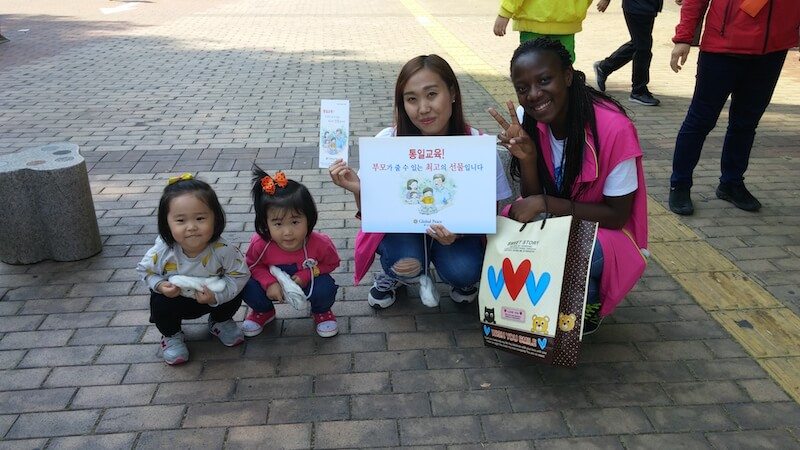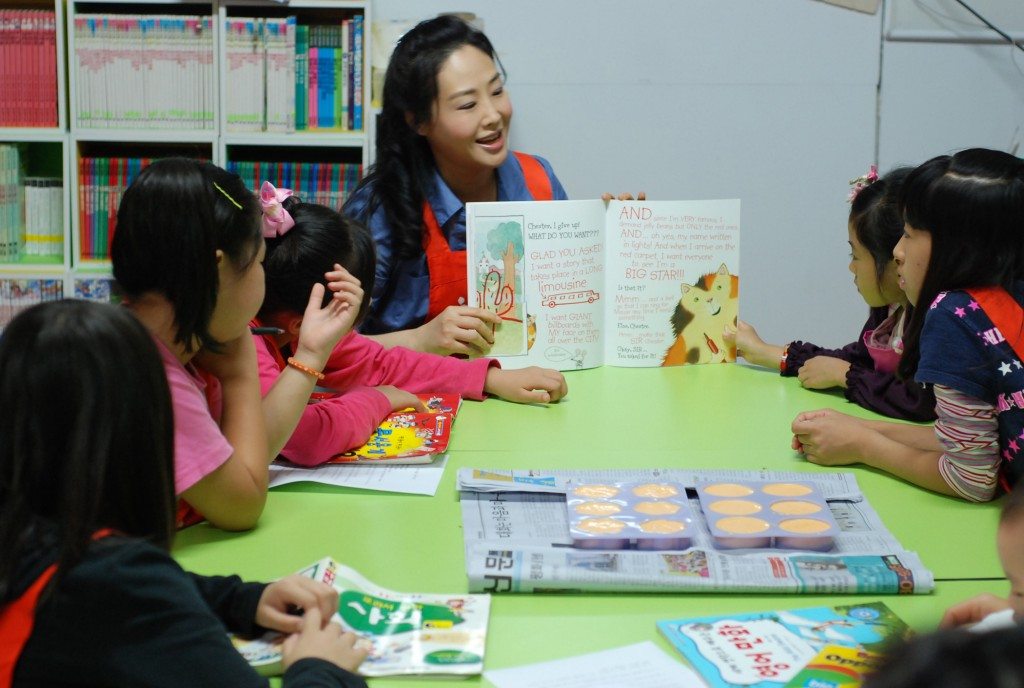The Role of Family in Peace
Original post from March 12, 2015. Updated on April 5, 2018.
Family metaphors are frequently used to express a remarkable closeness or intimacy between people. Sayings such as, “he’s like a brother to me” or, “they’re like family” signifies a unique bond that people often feel no need to explain. Familial relationships are undoubtedly important – to individuals, to families themselves and then to their respective communities. We might then infer that as the core units that make up society, each and every family is equally important to the health of nations and, subsequently, the whole world.
Families have been the “default” mode of human organization throughout history. The reason for this is both simple and self-evident. It is because life begins in the family. When we are born into this world, what constitutes our world is the family – in infancy, childhood and into adulthood. It is not too much to say that the people we become is largely due to the relationships we experience in our family. Who each of us is, where we come from, starts in the family.
Moreover, life continues because families do. We would do best to remember the inimitable role that the family plays in the health of individuals, the strength of our communities and happiness of society. Many or most countries measure progress and prosperity in terms of GDP and recently there have been attempts to objectively measure happiness. Yet, these indices fail to connect the health and prosperity of individuals and society with its roots in the family.
Perhaps one of the reasons for this is the same reason thinkers from Plato to Max Weber have lamented the strength of familial and kinship ties. In their view, societies notable for strong familial and kinship ties also tend towards things like cronyism, corruption and nepotism, where families act for the good of only their own.
In fact, it is rare to see people treat others as one would treat one’s own family. Many even debate the possibility of true altruism. Skeptics view altruism as simply another way to benefit one’s group since service is usually based on some sense of shared identity – a common religion, a sense of ethnic, national, political or economic ties. It is what makes charity to those who are completely different from oneself so exceptional.
Whatever the case, as humans we base our relationships on some notion of identity. While the concept of “identity-based conflict” is still fairly new, it is in fact the age-old drama of the human family. We fight for our family against other families, tribes and nations. We fight against the other. We try to protect the businesses and interests of some against others. We even die to protect some against others.
For this and so many other reasons, we must be forced to re-examine our very identity and nature.
And it is for this reason that the Global Peace Foundation starts first with an all-encompassing vision of “One Family Under God.” It is this kind of inclusive framework that starts from what we already instinctively know – a sense of what family should or could be – and work to extend out that instinctive, emotional bond outwards towards others. It is in this space of imagining ourselves as part of a greater human family that we can begin to imagine a world of peace and shared prosperity. From there, we work to “activate” our highest shared values and aspirations – love, kindness, service, benevolence, integrity, etc. as the ultimate expressions of a global human family.
By focusing on people rather than interventions – our solutions become holistic because people are able to account for the dynamic interactions of everyday life in a way that interventions never could. Instead of a focus on tasks, we encourage and empower people to “own” the vision and make it a reality in his or her own unique way. Through the years, we have developed a process framework to do this on the local level and then to connect and share lessons and best practices with a wide, multi-sectoral network of moral, innovative leaders.
Why Korea?
On the Korean peninsula, we see a fascinating case in which one people, or family, has been divided – by time, space, ideology, economic and social systems – for now over 70 years. In fact, today, there are debates as to whether Koreans in the North and the South can be considered one people because of all of their differences.
 We believe that this becomes as a microcosm of the global family in that, as some view North and South Koreans as completely separate, we see differences between peoples – in terms of language, culture, custom, religion, traditions – to assume that we are too different to be together. And yet, time and time again, there will always be interaction after interaction that tells us, as in the prophetic words of Dr. Martin Luther King Jr., “Together we must learn to live as brothers or together we will be forced to perish as fools.”
We believe that this becomes as a microcosm of the global family in that, as some view North and South Koreans as completely separate, we see differences between peoples – in terms of language, culture, custom, religion, traditions – to assume that we are too different to be together. And yet, time and time again, there will always be interaction after interaction that tells us, as in the prophetic words of Dr. Martin Luther King Jr., “Together we must learn to live as brothers or together we will be forced to perish as fools.”
Even apart from the human rights issues and nuclear crisis in the North and social, economic and political crises in the South, Koreans and their friends have an opportunity to demonstrate a process of civil-society led nation-building in such a way that provides lessons for the entire global community. The process has already essentially started with the over 900 civil society organizations currently working as part of the Action for Korea United initiative in Korea.
We turn next to the global community to engage in this process to support and learn the lessons of building peace and social cohesion and with it, inspirations for global development and shared prosperity.

